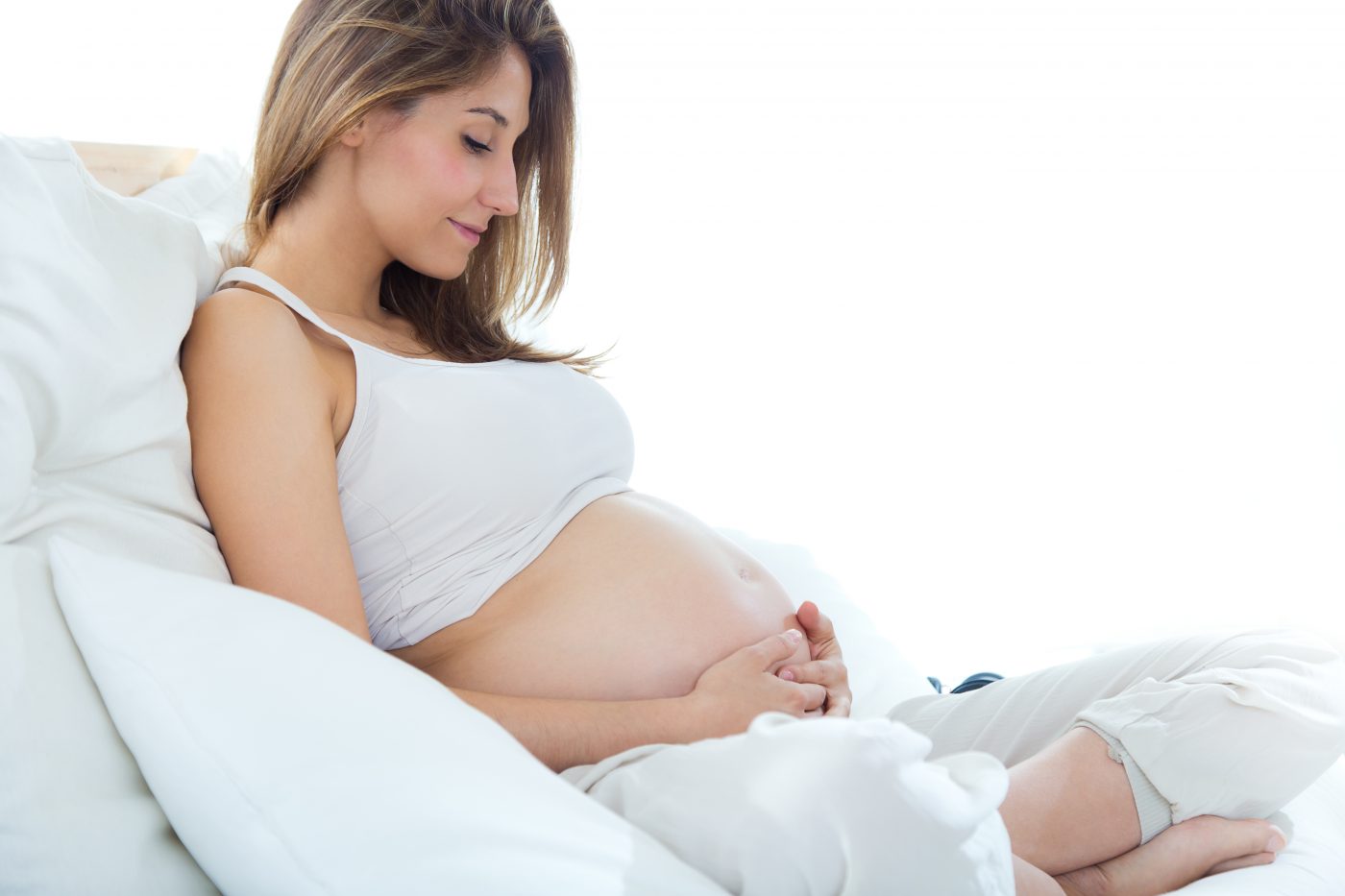The hormones that are important during pregnancy include human chorionic gonadotropin (or hCG), progesterone, oestrogen, relaxin, oxytocin, prolactin, and a group of hormones called endorphins.
The hormones that are important during pregnancy include human chorionic gonadotropin (or hCG), progesterone, oestrogen, relaxin, oxytocin, prolactin, and a group of hormones called endorphins.
You may experience constipation, nausea and heartburn because of the changes in your digestive system triggered by the hormone levels. Mood changes are also common – you might feel a bit depressed or tearful, or more grumpy than usual. Sometimes these changes can be quite extreme. Many of the hormone levels drop suddenly after the birth – and this can lead to strong feelings of depression.
In early pregnancy
- hCG helps get the womb ready and can produce morning sickness and tiredness.
- Progesterone and oestrogen help release the egg from your ovaries and implant it in your womb, and to increase blood supply.
- Progesterone helps the baby grow – and can cause upset tummies, bloating, sore breasts and legs. Progesterone is also responsible for the fact that your hair is thicker.
- Progesterone helps the breasts to develop ready for lactation and stimulates gland and duct development.
- Progesterone and relaxin relax the uterus muscles to be ready for the baby. Other muscles in your body may also relax because of these hormones, which might make you ache a little, and might affect your pelvic floor muscles, so you need to go to the loo more frequently.
In later pregnancy
- Hormones including oxytocin create that loving “bonding” feeling and can lead to the Mum feeling strong urges to rush around to create a “nest” for her baby.
- Oxytocin hormone triggers labour, as well as stretching the cervix and stimulating the nipples to release milk.
- Oestrogen, progesterone and human placental lactogen (HPL) prepare the breasts for breastfeeding
- Prolactin switches on milk production and also has a tranquilising effect.
DISCLAIMER
This article is for information only and should not be used for the diagnosis or treatment of medical conditions. Essential Parent has used all reasonable care in compiling the information from leading experts and institutions but makes no warranty as to its accuracy. Consult a doctor or other health care professional for diagnosis and treatment of medical conditions. For details
click here.
